The Challenge
There are very few outdoor-based, restorative educational programs provided to incarcerated Rhode Islanders. If and when individuals are released, support networks and hiring opportunities are often extremely limited.
The Approach
Through gardening programs, incarcerated individuals learn how to grow their own food, practice sustainable agriculture, and gain experience in landscaping, horticulture, and workplace skills. Graduates of the men’s medium security facility’s program are connected to a network of mentors for employment and services following their release.
By The Numbers
Since 2011, Garden Time participants have grown thousands of pounds of fresh produce for prison kitchens. Their harvest feeds hundreds of incarcerated Rhode Islanders.
- Incarcerated Men and Women Taught to Grow Food: 300 +
- Total Garden Time Program Participants per year: 35-40
- Garden Time to Work Program Participants per year: 18
- Garden Time to Work Program Duration: 35 weeks
- Rhode Island Adult Correctional Institution Facilities Reached: 3
- Current Number of Gardens at the RI ACI: 2
- Growing Seasons: 10

Ensure Food Security for All Rhode Islanders
Garden Time provides resources for success beyond the garden, equipping participants with knowledge to increase food security and financial stability. It also supports Rhode Island food businesses and farms by training a future workforce for employment in agriculture.
Program Description
Behind a barbed wire fence at the Rhode Island Adult Correctional Institutions, a patch of land teems with basil, tomatoes, and radishes. Rooted here is a different kind of security, one centered around food and community.
Through Garden Time, incarcerated individuals, guest experts, local volunteers, and directors Kate Lacouture and Vera Bowen have transformed formerly vacant prison yards into gardens. Two plots exist, one at the men’s maximum security facility (since 2011) and one at the men’s medium security facility (since 2014). In addition to cultivating knowledge of soil preparation, crop harvesting, and landscaping, the program’s gardens yield fresh produce that feeds the incarcerated population. Gardening provides a therapeutic reconnection to the natural world and is a powerful way to improve quality of life, especially from a sensory perspective. From arugula to garlic, participants use flavorful foods to complement meals from facility kitchens, where often, the only seasoning provided by taxpayer dollars is salt. Nutrition education and planting guides go along with hands-on teaching of sustainable agriculture, supporting physically healthy and economically independent lifestyles into the future.
Garden Time also began a green-industry vocational training program for the men’s medium security facility in 2017, equipping participants with agricultural and workplace skills for jobs in forestry, farming, and beyond. Because incarcerated people do not have access to the Internet at Rhode Island Correctional Institutions, they are provided with hard copies of the Garden Time Reentry Planning Guide, which includes further training opportunities, connections through the program, and job interview tips. Once released, Garden Time participants have access to a support network of advisors, as well as chromebook computers, to help navigate hiring opportunities and other aspects of societal re-entry.
Future Plans
Due to COVID-19, Rhode Island Correctional Institutions are currently closed to all visitors. However, this spring, Garden Time provided materials to make a container garden at the women’s correctional facility. This summer they are building a re-entry community garden specifically for their program graduates and other formerly incarcerated people at the OpenDoors Resource Center. They are continuing to expand their Garden Time to Work pre-employment program by developing an urban forestry pre-apprenticeship opportunity. They continue to support released participants in job searches and formal certification programs.
This Rhode Island Story was prepared by Nicole Burns.

